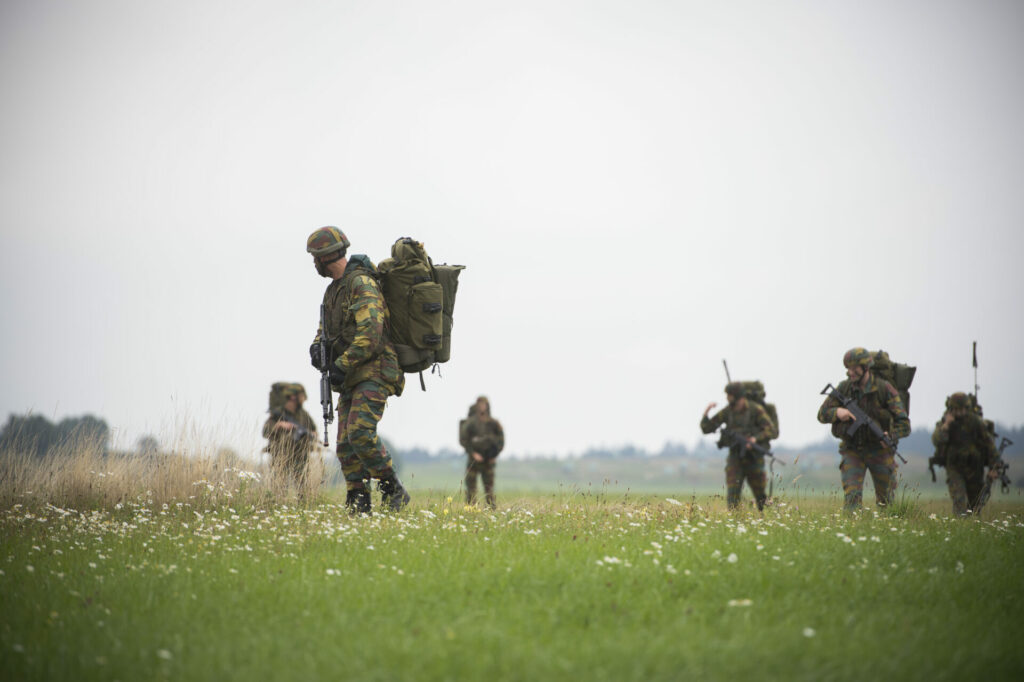The EU must rapidly increase its defence spending and coordinate its procurement of military equipment in order to manage Europe's "much more threatening [security] environment", an official EU study has found.
A recent report by the EU's Coordinated Annual Review on Defence (CARD) which was presented to EU Defence Ministers on Tuesday states that Russia’s full-scale invasion of Ukraine in February this year "has dramatically reshaped Europe's security situation". As a result, it makes clear the need for a range of new security measures and spending programmes "to deliver capable and coherent European armed forces".
"The message from CARD is clear: we cannot just spend our way out of the mistakes made following the financial crisis," said the EU's High Representative for Foreign Affairs Josep Borrell. "Defence cooperation coupled with increased spending is the only way to ensure Europe has capable and ready armed forces, able to respond to any crisis."
A weapons bonanza
CARD's recommendations come against the backdrop of a remarkable increase in defence spending by EU Member States in recent years — an increase which, notably, pre-dates Russia's invasion of Ukraine.
According to the Stockholm International Peace Research Institute, global military expenditure increased 0.7% in real terms from 2020 to 2021 to reach a record $2.1 trillion. Just five countries — the United States, China, India, the United Kingdom and Russia — accounted for 62% of total global expenditure, with the US alone accounting for 38%.
According to CARD, the rise in defence spending among EU Member States has been particularly pronounced: defence spending within the bloc grew to €214 billion in 2021, a 6% increase compared to 2020. It is estimated to grow by up to €70 billion by 2025, following numerous commitments by EU Member States – including, perhaps most remarkably, Germany – to increase their defence spending in response to Russia's invasion.
Related News
- Belgian Ministry of Defence to invest €1.8 billion in R&D
- Belgian arms manufacturer to face legal action over Saudi weapons sales
In addition to recommending increased defence spending, CARD explicitly warned against "the trend of leaning towards non-EU suppliers" for military equipment, claiming that it "entails the risk of increasing fragmentation and non-EU dependencies". Currently, the EU buys 60% of its military equipment from outside the bloc, with the US by far its dominant supplier.
CARD also strongly advocated that Member States make joint purchases of military equipment, noting that the bloc faces a "clear risk from isolated defence spending in the medium to long term". The report noted that currently only 18% of all defence procurement within the bloc is conducted in cooperation with other EU countries.
"At [the] EU level we must now work to shift the balance and make cooperation the norm," said the European Defence Agency Chief Executive Jiří Šedivý. "The progress on cooperation projects since our 2020 report has been limited, [and] renewed cooperation on next-generation capabilities is essential to meet future needs."

